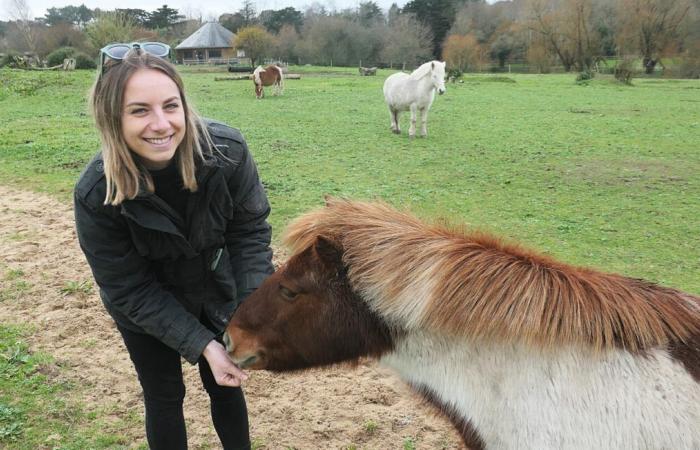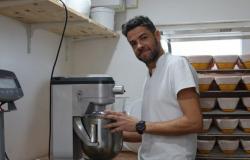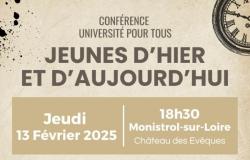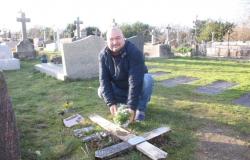
Par
Editorial Guérande
Published on
Jan 3, 2025 at 7:18 a.m.
See my news
Follow L’Écho de la Presqu’île
Caring with horses. This is what Marie Barbedienne offers in Guérande (Loire-Atlantique) with her micro-enterprise “La main dans les crins”, specializing in equine therapy. Psychomotor therapist since 2018, part-time in hospital child psychiatry, she practices equine mediation associated with psychomotor skills on a private basis. Passionate about horse riding since the age of 16, happy breeder of a horse, she trained for two years for this new approach to psychomotor skills.
A winning trio
It is at the Domaine de Quérélo, in Guérande, that Marie Barbedienne established herself.
Psychomotor skills are the link between the psyche and the body. With a horse as a partner, we form a trio in the therapeutic relationship, which combines the horse, the caregiver and the patient.
On medical prescription
His patients have a medical prescription for psychomotor skills. They can suffer from motor, cognitive, behavioral, attention, relationship, learning or eating behavior disorders, but also from autism, hyperactivity, frustration, anxiety, lack of esteem or self-confidence, hypo or hypersensitivity. The horse is then a stimulant of mobility and tone.
“A great moment of relaxation”
“Hanging on the halter is an exercise in fine mobility. Walking around the horse is psychomotor skills in space, with a practical aspect and with the animal, with a real attraction for this contact. These are not the traditional psychomotor tools. We are in another context, disconnected, not locked in an office. It’s a great moment of pleasure and relaxation,” explains Marie Barbedienne.
Not suitable horse riding
Marie Barbedienne cites the example of one of her patients, reassured by the confined space of the riding school, out of sight, behind closed doors, with only the therapist and the horse. Observing the horse in freedom, without bit or saddle, seeing it gallop, touching it, massaging it, brushing it, grooming it, making it move forward, making it take a course by finding its way in space, naming the parts of his body in relation to the human body, it is a motor exercise, of coordination, with the horse, not necessarily on top (it is not an adapted riding activity, but psychomotor skills, Editor's note).
In a group or individually
The sessions are individual, or in small groups, up to 4 patients, after an initial assessment then 3 observation sessions which make it possible to define the work which will be implemented, in general, every 2 weeks, over time.
Horses, ponies
At the Quérélo equestrian center, around ten equines were preselected, ponies or horses, of different sizes, not turbulent, not too sensitive to avoid their startle or their reactions. The patient chooses the animal.
Marie Barbedienne imagines, later, “possibly combining the horse and the dog, why not, to improve the daily well-being of patients with disabilities, their living conditions and their relationship with the world”.
Useful: Marie Barbedienne, “La main dans les crins”, Domaine de Quérélo, route de Brézéan, in Guérande. [email protected]Tel: 06 86 01 61 52, on medical prescription and certificate of non-contradiction to riding
Follow all the news from your favorite cities and media by subscribing to Mon Actu.





